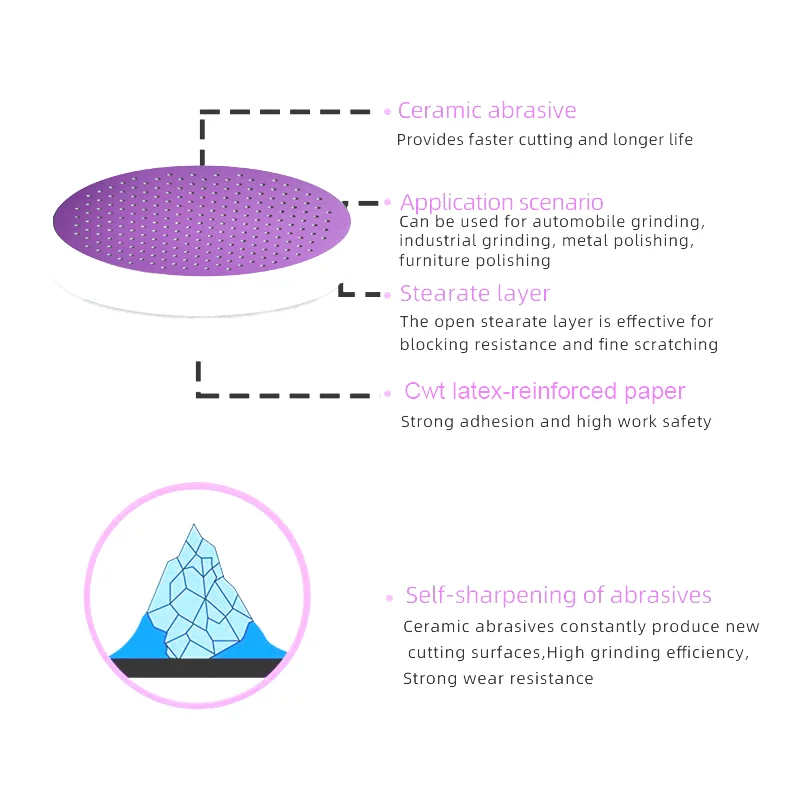The Multifaceted Utilization of Manufactured Goods: A Deep Dive into Their Impact and Importance

Manufactured goods are ubiquitous in our daily lives, yet their significance often goes unnoticed. From the smartphone in your hand to the car you drive, from the clothes you wear to the food you consume, manufactured goods are integral to our modern existence. This article will delve into the multifaceted uses of manufactured goods, their impact on various sectors, and their relevance in the contemporary world.
Manufactured goods are products that have been processed from raw materials into finished goods for consumption. They encompass a wide range of items, including electronics, automobiles, furniture, clothing, and processed foods. The primary purpose of these goods is to satisfy consumer needs and wants, but their uses extend far beyond that.
In the realm of technology, manufactured goods like computers, smartphones, and other digital devices have revolutionized the way we communicate, work, and entertain ourselves. They have made information and resources more accessible, bridging gaps and fostering global connectivity. In the automotive industry, manufactured goods in the form of vehicles have transformed transportation, facilitating mobility and contributing to economic growth.
In the fashion industry, manufactured goods such as clothing, footwear, and accessories not only serve a functional purpose but also allow individuals to express their personal style and identity. Similarly, in the food industry, processed foods provide convenience and variety to consumers, catering to diverse dietary preferences and needs.
Manufactured goods also play a crucial role in healthcare. Medical devices, pharmaceuticals, and other healthcare products are essential for diagnosis, treatment, and prevention of diseases. They enhance the quality of healthcare services and improve patient outcomes.
In the construction sector, manufactured goods like cement, steel, and glass are used to build infrastructure. They provide the foundation for cities and towns, enabling the development of residential, commercial, and public spaces.
Moreover, manufactured goods contribute significantly to the economy. They drive industrial growth, create employment opportunities, and contribute to GDP. They also facilitate trade, with countries exporting and importing various manufactured goods.
However, the production and consumption of manufactured goods also have environmental implications. They contribute to resource depletion, pollution, and waste generation. Therefore, sustainable manufacturing practices and responsible consumption are crucial to mitigate these impacts.
In conclusion, manufactured goods are used for a multitude of purposes across various sectors. They are integral to our daily lives, contributing to convenience, efficiency, and quality of life. However, their production and consumption also necessitate a balance with environmental sustainability. As we continue to rely on manufactured goods, it is imperative to promote sustainable practices in manufacturing industries and encourage responsible consumption among consumers.
